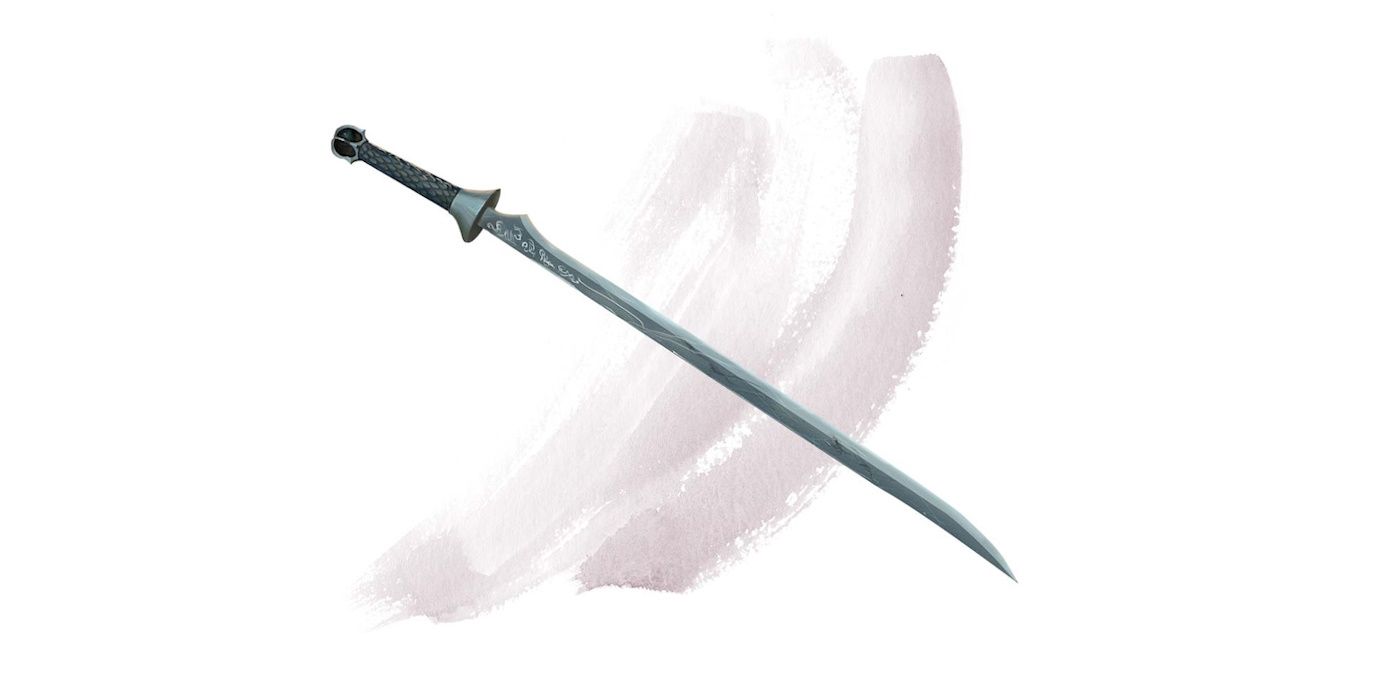I can’t usually stomach full-fledged horror, but give me a flicker of the unsettling or otherworldly in literature and I’m hooked. There’s no idyllic suburb in which I’m not looking for a barbaric ritual, or a new friend whose eyes I’m not searching for some terrible secret.
In the earliest days of the pandemic, unable to leave my London flat and working my day job atop a gradually collapsing cardboard box, I began watching videos of theme park rides breaking down and animatronics malfunctioning. Sitting there, my skin would prickle and my heart would race. I simply couldn’t get enough. Why is it that the more elaborately built our environment is, the more fragile our sanity seems to become? What does that say about the biggest theme parks in the world? And what happens in dark rides when the lights come on?
I wrote At the End of Every Day for people with the same curiosity coursing through their adrenal system, who are addicted to the eerie jolt of an optical illusion gone wrong. In my novel, Delphi has been working at an iconic and beloved theme park ever since she fled her hometown in Nebraska. But when a terrible incident transpires (involving an actress, the opening of a lagoon ride, and very realistic animatronics), the park must shutter for good. While finishing out their last weeks, Delphi and her fairytale-prince-boyfriend begin to notice strange glitches in the park, faces in the shadows, and a pull to a mysterious heat in the corridors beneath their feet.
Here are 7 books with a dark playfulness, with settings of strange innocence or nostalgia.
Out There by Kate Folk
Kate Folk’s debut collection has already cemented its cult status with stories like “The Bone Ward”, in which romantic entanglements come to a head in a sanatorium for people whose bones turn to goo in the night, and the titular “Out There”, which depicts online dating with only a single flourish of the unreal. Somehow Folk’s debut collection, which is so full of bizarre moments, feels more like a gab session with a beleaguered pal than a work of experimental literature. But beware: once you’ve had a taste of her particular flavor of the bold and the surreal, you’ll be hungry for more.
The Melting by Lize Spit
In a small and unremarkable Flemish village, three lifelong friends on the brink of adolescence come up with a riddle. Fun, right? Wrong. Belgian novelist Lize Spit’s first English translation is a heady and twisted portrait of pastoral boredom and dark mischief. Spit isn’t afraid to turn on her readers, letting them languish in a kind of luxuriant discomfort (Are these simply kids being kids, or is something much darker about to transpire?), drifting toward a punchline that is somehow both shocking and inevitable. The Melting is not for everyone—look up trigger warnings—but for those with an appetite for Benelux stagnation and the thick fog of teen trauma, The Melting is a masterpiece.
Maeve Fly by CJ Leede
Books hyped by HorrorTok that manage to exceed expectations are few and far between— but CJ Leede’s Easton Ellis-esque debut about a deranged flâneuse who moonlights as a theme park princess is a triumph. Maeve Fly—the emotionally bereft granddaughter of a former Hollywood starlet who finds herself navigating friendships and nemeses as she grapples with some, shall we say, troubling compulsions—is a heroine whose hellish laissez faire brings to mind Brand New Cherry Flavor’s Lisa Nova or one of Evelyn Waugh’s eponymous vile bodies—cool and unmoored, the perfect lens through which to view the gorey acid trip that is Leede’s Los Angeles—mouse ears and all.
Mister Magic by Kiersten White
The question at the core of Kiersten White’s Mister Magic is: What are we to do with half-remembered things? Thirty years after the beloved—but largely forgotten—children’s show Mister Magic aired its last episode, former child stars reunite for a podcast untangling the mystery of the show. But why must they stay in this particular creepy old house? And why can no one—especially not Val, who lacks any memories of her early childhood—remember details about their time on the show? Eerie and addictive, White’s novel has the unmistakable aroma of Creepypasta (of course “Candle Cove” comes to mind) and prods at a truth that most people come to understand when childhood ends and adulthood begins: that communities glued together by devotion can be dangerous places indeed.
The Age Of Magic by Ben Okri
A documentary team, journeying from Paris to Switzerland in search of “Arcadia”, discovers that they’re being flanked by a quiet demon named Malasso. At the edge of a beautiful, isolated lake, on-camera host Lao loses his grasp on his girlfriend Mistletoe, who is drawn towards a fantastical elsewhere while out “adventuring” in the quiet town where they’ve camped out: think supernatural festival grounds, ethereal nighttime meandering, and vast etymologies of personal myth-making. As malevolent and beautiful forces respectively contort the psyches of Okri’s band of filmmakers, their collective story becomes a kind of firework show of poetic inner worlds… Labyrinthine and unhurried, The Age Of Magic is perfect for readers who are up for a non-traditional plot and a hefty dose of mesmerism.
The Library Of The Unwritten by A.J. Hackwith
There is a wing in Hell where unfinished books live. Claire, a diligent librarian, is charged with maintaining the Unwritten Wing, where much of her day-to-day involves suppressing those characters and entities who might try to materialize and escape from their liminal non-place in the neutral zone of the underworld. But when Claire lets one particular protagonist escape, she—along with a scrappy demon named Leto and her “muse” assistant Brevity—finds herself in the crosshairs of biblical warfare. If Paradise Lost was queer and funny, it would appear in AJ Hackwith’s genre-bending Hell’s Library series, which showcases the best of thoughtful, fantastical worldbuilding, and manages to celebrate the essence of storytelling with a fresh new voice.
Horrorstör by Grady Hendrix
Horrorstör takes readers on a chilling and playful journey through the manicured halls of Orsk, a fictional Scandinavian furniture store with deftly painted parallels to you-know-where. At first glance, Orsk appears to be like any other retail space, but as night falls, the store transforms into a chamber of ghostly horrors, and a group of employees, led by weary but pragmatic heroine Amy, must confront demons both metaphorical and very real. It makes sense that BookTok has recently rediscovered Horrorstör, which was originally published in 2014. The book itself takes the form of an IKEA catalogue, it’s playful and captivating, even when riffing on the absurdity of our modern retail compulsions. Only Hendrix could bring such metafictional mischief to a work of social commentary.




























































